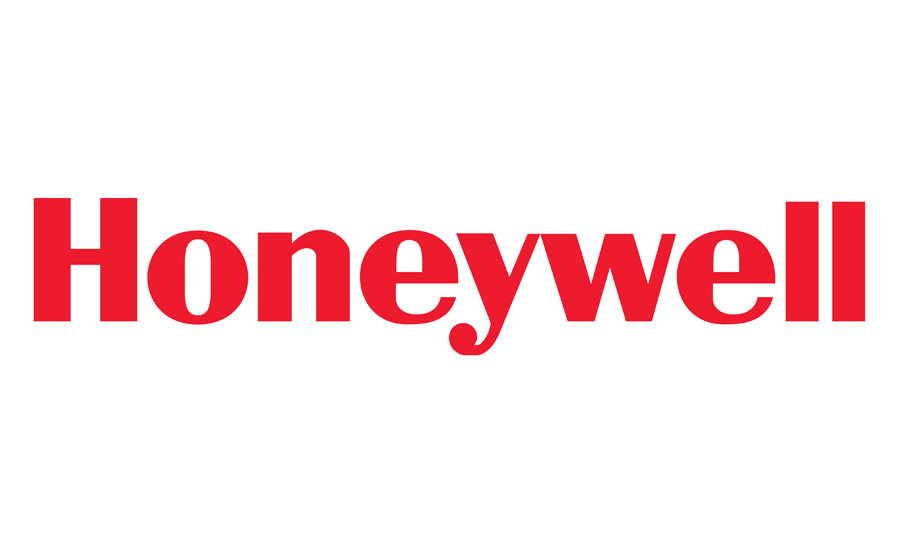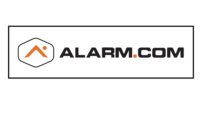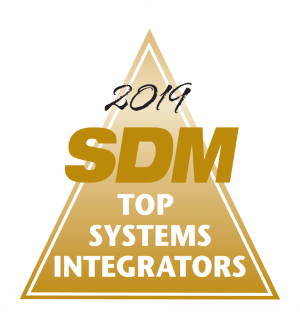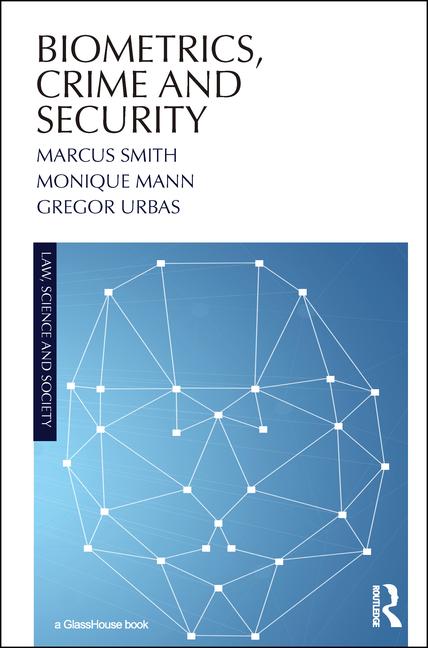Honeywell and United Technologies Corp. (UTC) have made several merger overtures since last year, but the most recent one happened in the last several weeks, according to The Wall Street Journal, and was rebuffed by UTC because of antitrust concerns.
Such a merger would have the potential to create a $94 billion company, according to CNBC. On Monday, Feb. 22, UTC confirmed in a statement that it has previously engaged in “preliminary, exploratory conversations about a range of potential collaborative options with Honeywell.” However, UTC never explored these options further due to “significant regulatory obstacles, customer concerns and valuation issues.”
According to the statement, UTC has communicated to Honeywell that “combining two of the world’s largest players in the aerospace and commercial building segments would face insurmountable regulatory obstacles and strong customer opposition, and could either be blocked outright or conditioned on significant divestitures after a lengthy and disruptive review period that would destroy shareholder value.”
The Wall Street Journalreported that, according to University of Michigan business school professor Erik Gordon, regulators would be especially concerned with a Honeywell/UTC merger because two major aircraft makers, Airbus Group SE and Boeing Co., “would be reliant on a single combined company for many of the systems and devices they incorporate into new planes.”
Airbus Group SE Chief Executive Tom Enders said in a statement on February 24 that he didn’t think a merger of Honeywell and UTC would be in his company’s interest. "I am under the impression that the leadership of UTC shares my assessment," Enders said in the emailed statement, according to Reuters.
The UTC statement went on to say, “The UTC board of directors and management team continue to believe that UTC’s world-class, global franchises have generated and will continue to generate significant cash flow through economic cycles, and its business segments are extremely well positioned to create long-term shareholder value.”







